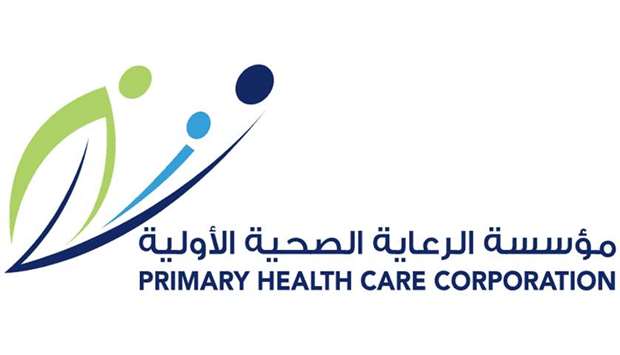Qatar residents eligible for breast and bowel cancer screening can self-refer for the same by contacting the dedicated call centre (8001112) of the screening programme, noted an official of the Primary Health Care Corporation (PHCC).
“Women aged between 45 to 69 can opt for breast cancer screening while men and women aged between 50 and 74 years are eligible for bowel cancer screening. The procedure, done by the Screen for Life programme of the PHCC, is free of cost," said Hayat Yassine, a subject matter expert at PHCC.
Yassine was speaking at a workshop, organised recently by the Ministry of Public Health (MoPH) to raise awareness about cancer and how to protect people from the disease.
“There are three methods to go for the screening. Those belonging to the eligible groups, can contact the call centre number, 8001112, and request for an appointment. Similarly, call centre agents would contact the target audience offering screening for the disease. The third option is by reference from a physician. If any doctor is suspicious of any symptoms, he or she can refer the patient for screening,” explained Yassine.
The official said that an early detection of the disease can lead to proper and effective treatment and cure the cases completely. According to her, breast and bowel cancers are two of the most common types of the disease but Qatar has put adequate infrastructure in place to help fight the disease.
“If detected early, breast cancer can be cured 100% while bowel cancer survival rate is around 90%. Breast cancer is the most common type of cancer among women in Qatar while bowel cancer is the leading one among male. Breast cancer screening is to be done once in every three years and screening for bowel cancer is to be taken in every two years,” she said.
Yassine highlighted that Qatar uses the latest and most advanced methods for the screening and treatment of cancer. She noted that at least two radiologists are mandated to read and interpret the results of each test to ensure its accuracy.
The MoPH event, meant for journalists in the country was part of a series of workshops to educate the public about cancer and how to protect oneself from the disease. The ministry has conducted similar workshops for various groups and plans to organise more of them in the near future.
“The workshop is an effort to provide the details about the clinical services available to the patients with the latest and most advanced technologies. It also wants to raise awareness about the disease, the importance of getting screened and get protected against the disease,” added Yassine.
“Women aged between 45 to 69 can opt for breast cancer screening while men and women aged between 50 and 74 years are eligible for bowel cancer screening. The procedure, done by the Screen for Life programme of the PHCC, is free of cost," said Hayat Yassine, a subject matter expert at PHCC.
Yassine was speaking at a workshop, organised recently by the Ministry of Public Health (MoPH) to raise awareness about cancer and how to protect people from the disease.
“There are three methods to go for the screening. Those belonging to the eligible groups, can contact the call centre number, 8001112, and request for an appointment. Similarly, call centre agents would contact the target audience offering screening for the disease. The third option is by reference from a physician. If any doctor is suspicious of any symptoms, he or she can refer the patient for screening,” explained Yassine.
The official said that an early detection of the disease can lead to proper and effective treatment and cure the cases completely. According to her, breast and bowel cancers are two of the most common types of the disease but Qatar has put adequate infrastructure in place to help fight the disease.
“If detected early, breast cancer can be cured 100% while bowel cancer survival rate is around 90%. Breast cancer is the most common type of cancer among women in Qatar while bowel cancer is the leading one among male. Breast cancer screening is to be done once in every three years and screening for bowel cancer is to be taken in every two years,” she said.
Yassine highlighted that Qatar uses the latest and most advanced methods for the screening and treatment of cancer. She noted that at least two radiologists are mandated to read and interpret the results of each test to ensure its accuracy.
The MoPH event, meant for journalists in the country was part of a series of workshops to educate the public about cancer and how to protect oneself from the disease. The ministry has conducted similar workshops for various groups and plans to organise more of them in the near future.
“The workshop is an effort to provide the details about the clinical services available to the patients with the latest and most advanced technologies. It also wants to raise awareness about the disease, the importance of getting screened and get protected against the disease,” added Yassine.


